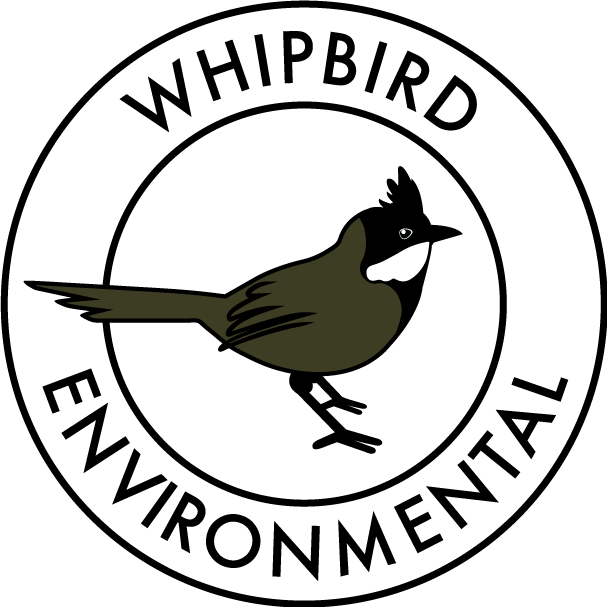Articles
Juncus usitatus (slender rush) Australian Native Plant Profile
Juncus usitatus, commonly known as slender rush or upright rush, is a perennial herbaceous plant belonging to the Juncaceae family. Juncus usitatus is a widespread species in Australia and can be found in a variety of wetland habitats across the country. It is known to occur in all states and territories, from coastal regions to inland wetlands.
Wahlenbergia gracilis (Tufted Bluebell) Australian Native Plant Profile
Wahlenbergia gracilis, also known as Tufted Bluebell or Australian Bluebell, is a small herbaceous plant. It typically grows to a height of up to 40cm and produces delicate, star-shaped blue, white or pink flower petals. Commonly found in woodland, forest, grassland and heathland habitats, Tufted Bluebell is known for its attractive appearance and ability to thrive in both sunny and shaded areas. It is an important food source for native butterflies and other insects.

Rhagodia candolleana (Sea Berry Saltbush) Australian Native Plant Profile
Rhagodia candolleana, commonly known as Sea Berry Saltbush, is a local native plant species with a wide distribution. It is a hardy, evergreen shrub that typically grows to about 1-2 meters in height (it can get as tall as 4m in some situations), with fleshy, triangular leaves and inconspicuous flowers.
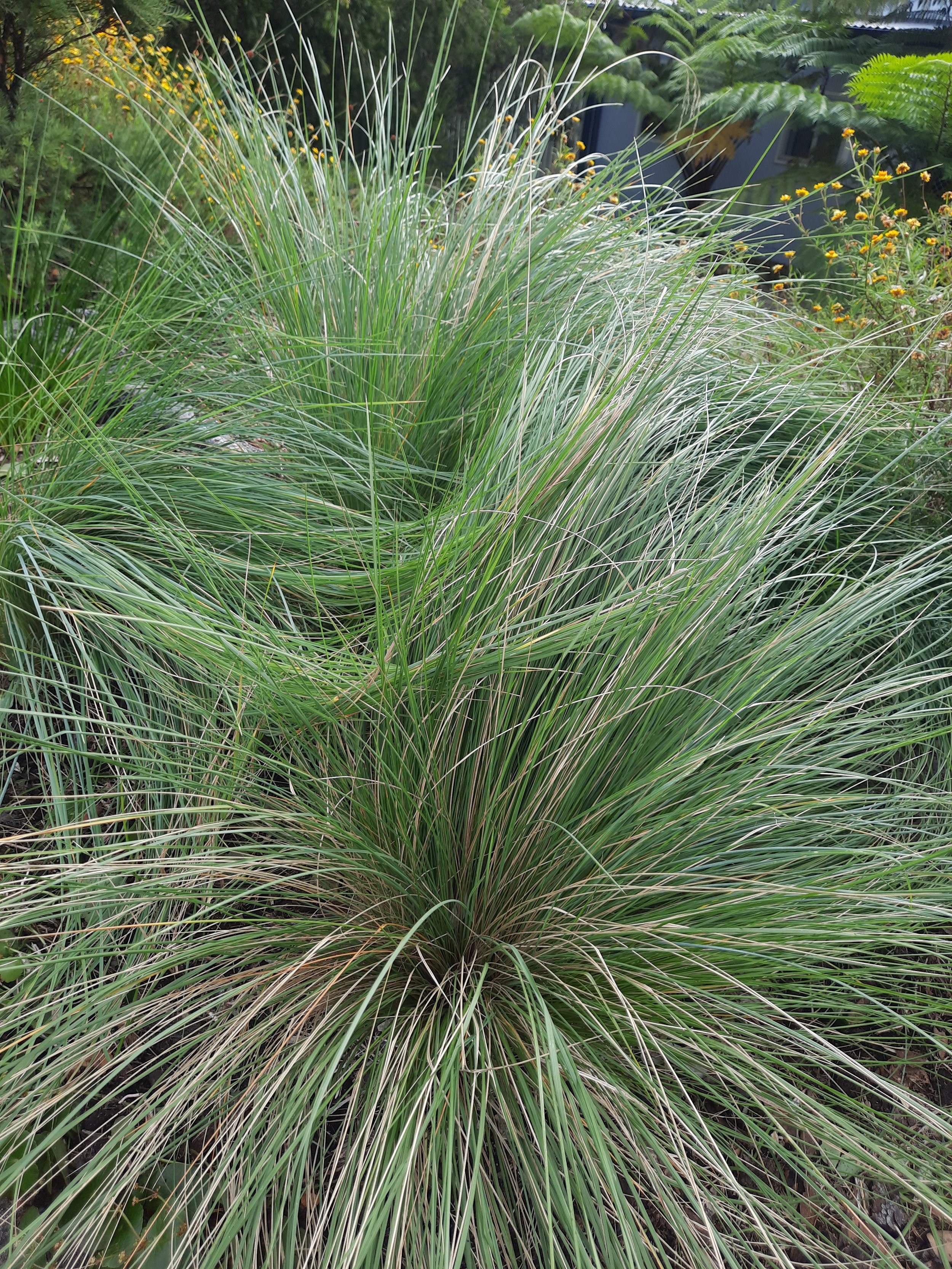
Poa labillardierei (Tussock Grass) Australian Native Plant Profile
Poa labillardierei is a species of perennial grass, commonly known as Tussock Grass. It is a hardy and adaptable plant that can grow up to 1.5 meters tall and is an important food source for grazing animals including kangaroos and wallabies. Also a host plant for some butterfly species

Banksia serrata (Old Man Banksia) Australian Native Plant Profile
Banksia serrata, commonly known as Old Man Banksia, is a species of evergreen shrub or small tree native to the east coast of Australia. It is known for its distinctive, large, serrated leaves and unique, cylindrical flower spikes.
Growing, Harvesting and Using Kale
Growing, Harvesting and Using Kale

Banksia integrifolia (Coastal Banksia) Australian Native Plant Profile
Banksia integrifolia, commonly known as Coastal Banksia, is an evergreen tree with distinctive serrated leaves and large, cylindrical flower spikes that are pale yellow or creamy in color. The tree can reach up to 25 meters in height and is well-adapted to coastal environments.

Growing, Harvesting and Using Rocket
Rocket, also known as arugula, is a popular, fast growing leafy green with peppery-tasting leaves perfect for adding flavour to salads and cooked dishes. The plants grow to approximately 20-30cm tall before flowering and produce an abundant harvest when grown in the garden or pots and containers.

Echinopogon ovatus (Forest Hedgehog Grass or Echidna Grass) Australian Native Plant Profile
Echinopogon ovatus is commonly known as Hedgehog Grass or Button Grass
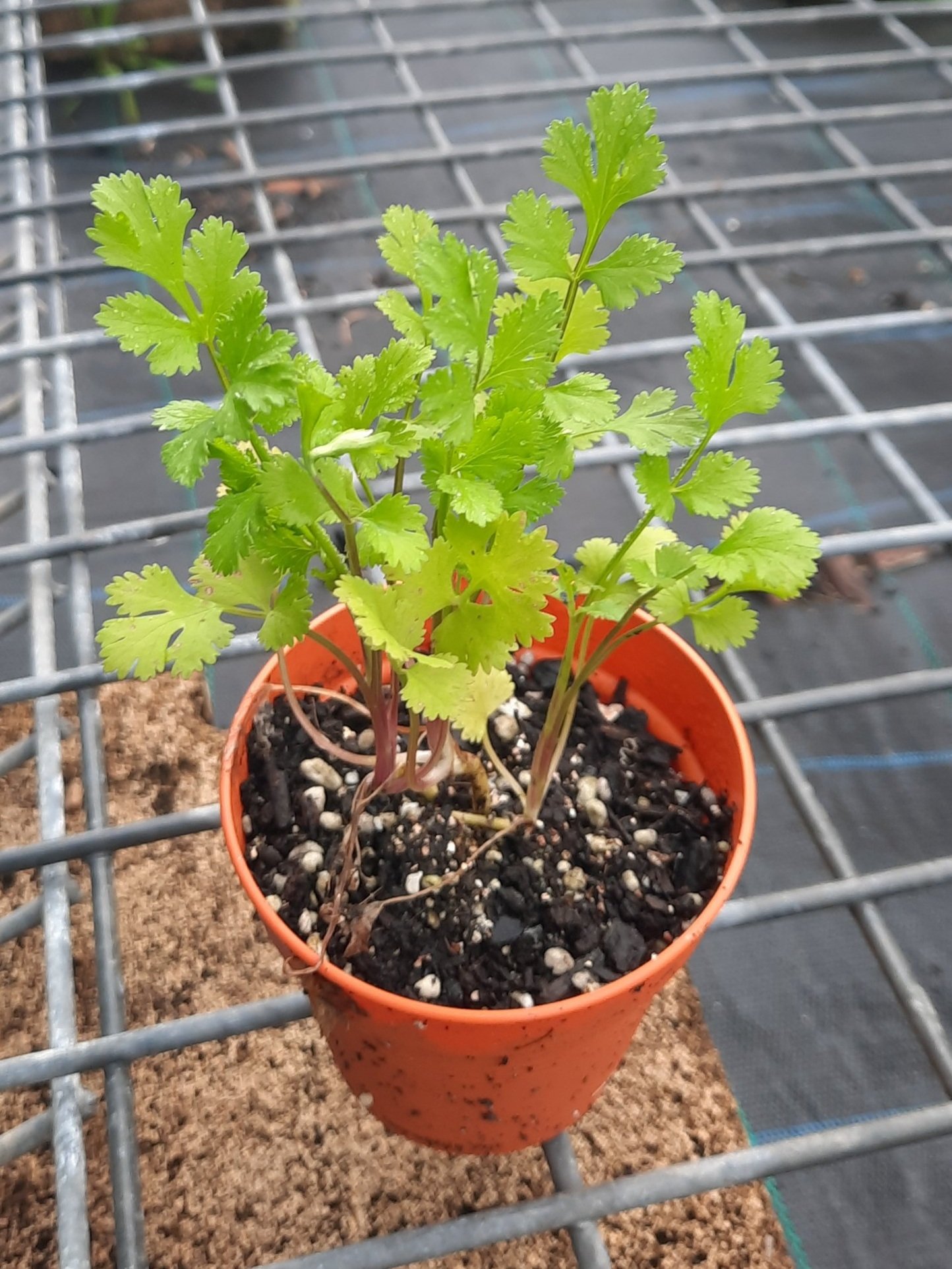
Growing, Harvesting and Using Coriander
Growing, Harvesting and Using Coriander. Coriander, also known as cilantro or Chinese parsley is a leafy, fast-growing annual herb that can be grown either in pots or in the garden. The herb is easily grown from seed and reaches approximately 60cm in height and 25cm wide. The entire plant is edible and is widely used across several major cuisines making it a worthwhile addition to the herb garden.

Growing, Harvesting and Using Peas & Snow Peas
Peas are a cool season crop that produce an abundant harvest (and the perfect garden snack) when grown in the right conditions. There are many different types of peas to choose from, including snow peas and sugarsnap which have a crisp and crunchy pod that can be eaten whole, or shelling peas, grown for their sweet and tender peas inside. Peas come in either traditional climbing form which require a trellis, or bush varieties that are great for small spaces and gardening in containers.
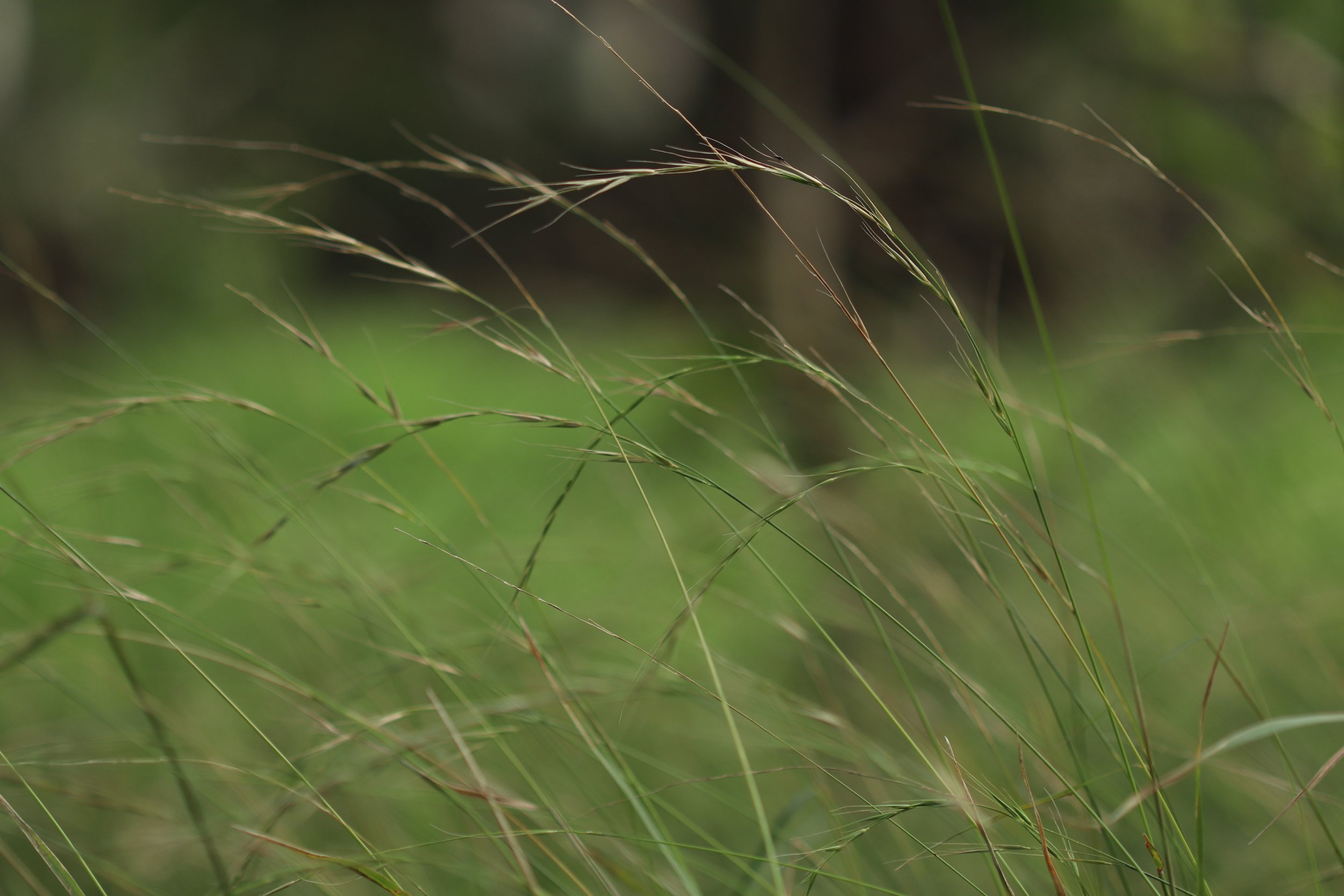
Microlaena stipoides (Weeping Meadow Grass) Australian Native Plant Profile
Learn all about the fabulous native grass Microlaena stipoides (Meadow Grass)

Growing, Harvesting and Using Zucchini
Zucchini is one of those plants that grow prolifically in the garden, producing an abundant crop when conditions are right. There are dozens of varieties of zucchini to choose from with a wide range of colours and shapes, from round to crookneck and cylindrical. Both the flower and the fruit are edible and can be used in both sweet and savoury dishes – a must have in every summer veggie patch.

Lomandra longifolia (Common Mat-Rush) Australian Native Plant Profile
Learn all about Lomandra longifolia (Common Mat-Rush) and how you can utilise this species in your garden or revegetation project.
Growing, Harvesting and Using Garlic Chives
Garlic chives are a clumping, perennial herb grown both for culinary and ornamental purposes in the garden. This perennial is one of the easiest herbs to grow in containers or directly in the ground, growing up to 35cm in height. As the name suggests, the leaves have a mild garlic/onion flavour, a perfect substitute for garlic if short on garden space or if you’re after a quick growing herb.

Growing, Harvesting and Using Carrots
Harvesting and using carrots. Carrots come in a variety of sizes including narrow, shorter varieties such as Baby Carrots, a perfect option for growing in containers or larger varieties such as Nantes Carrots. Carrots also come in a variety of shapes and colours from purple, red and yellow.

Growing and Harvesting Lettuce
Learn all about growing lettuce in the garden. Lettuce is a fantastic, productive and easy crop for beginner gardeners and a staple for seasoned gardeners.
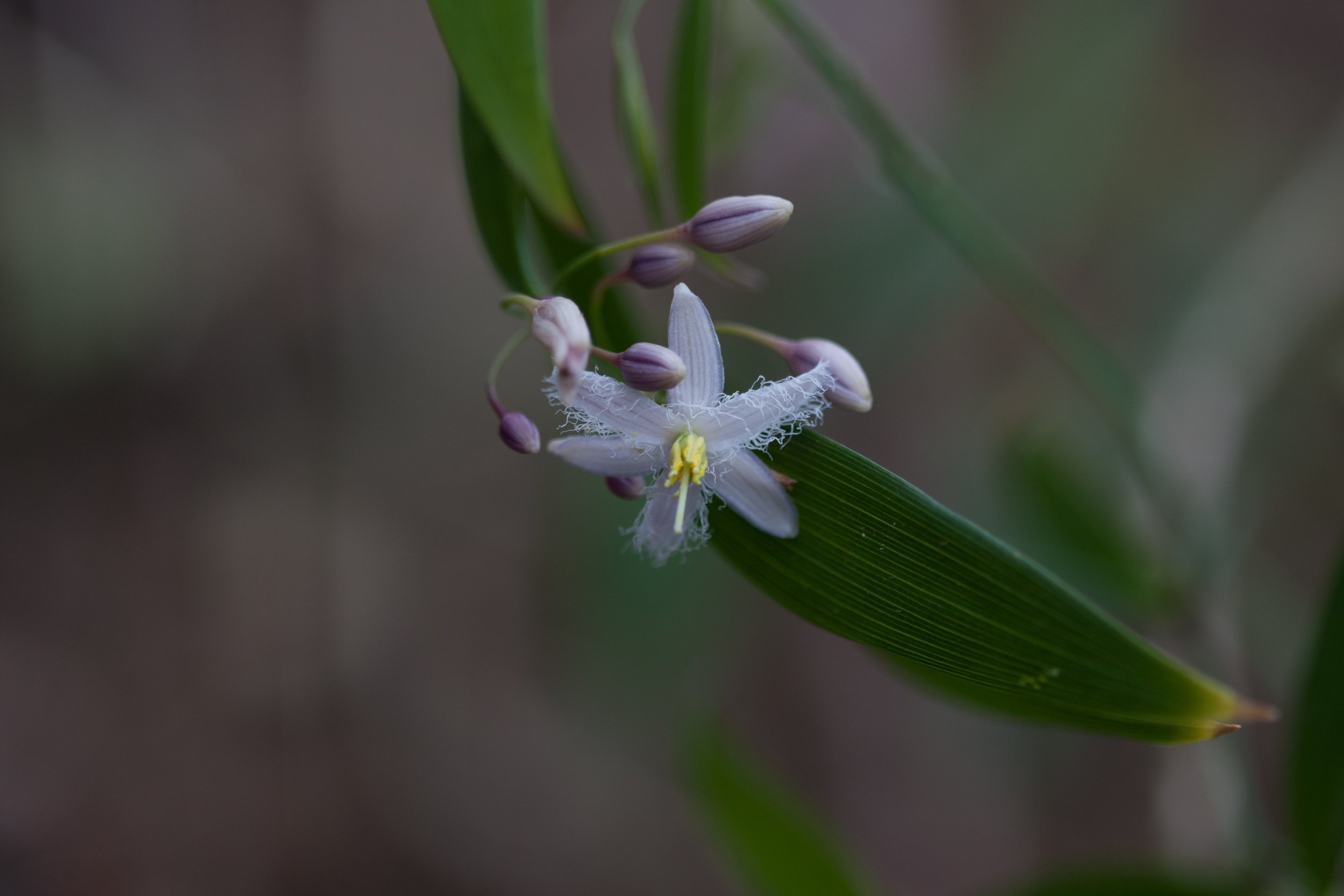
Eustrephus latifolius (Wombat Berry) Australian Native Plant Profile
Learn all about Wombat Berry (Eustrephus latifolius) in this plant profile.

Growing, Harvesting and Using Beetroot
Beetroot (Beta vulgaris) are one of the most versatile and flavour-packed vegetables to grow in the garden. Both the leaves and the root are edible and packed with antioxidants and nutrients. They come in many colours, shapes and sizes, grow well in most climates and don’t require much space, making this vegetable a worthy addition to every garden.

Should you Fertilise Australian Native Plants? Australian Native Plant Myths 2
Should you Fertilise Australian Native Plants? Australian Native Plant Myths
